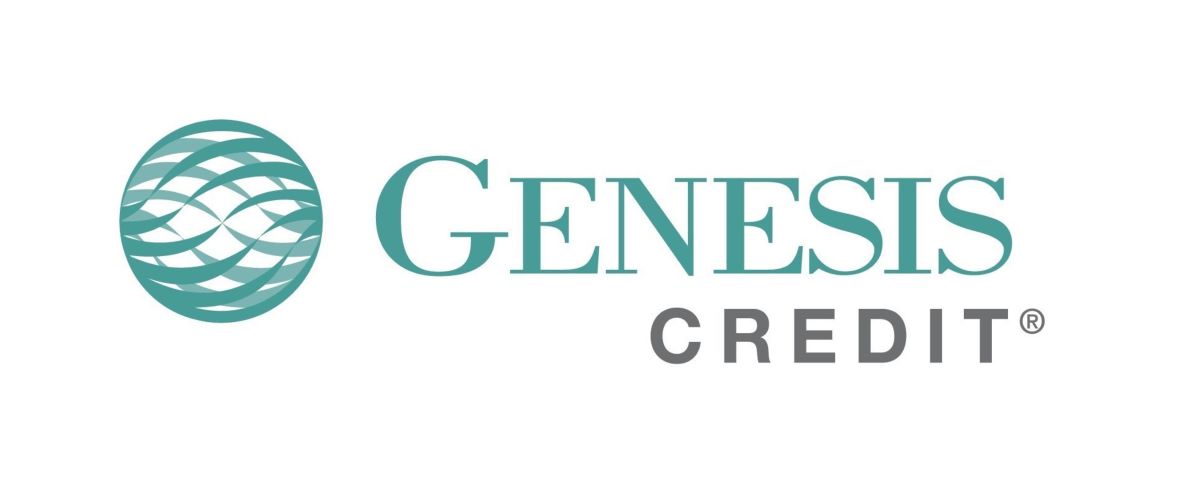

Finance
Acceptance Market Definition
Published: September 26, 2023
Learn the meaning of acceptance market in finance and discover its significance in the world of investments and financial transactions.
(Many of the links in this article redirect to a specific reviewed product. Your purchase of these products through affiliate links helps to generate commission for LiveWell, at no extra cost. Learn more)
Understanding Acceptance Market: A Key to Financial Success
Gaining knowledge about the financial landscape is crucial for anyone looking to achieve economic prosperity. Within the vast realm of finance, one category that holds immense importance is Acceptance Market. In this article, we will delve into the definition of the Acceptance Market, its significance, and how understanding it can contribute to your financial success.
Key Takeaways:
- The Acceptance Market is a subsection of the financial industry that deals with the acceptance of financial instruments, primarily trade drafts and bills of exchange.
- Understanding the Acceptance Market helps individuals and businesses in managing cash flow, expanding business networks, and mitigating financial risks.
What is the Acceptance Market?
The Acceptance Market, also referred to as the Acceptance Credit Market, is a segment of the financial industry that focuses on the acceptance and negotiation of financial instruments. These instruments largely consist of trade drafts and bills of exchange.
In simpler terms, the Acceptance Market acts as a platform where parties can agree to accept and negotiate these financial instruments. By doing so, they establish trust and provide assurance to other market participants regarding the value and reliability of these instruments. It plays a significant role in facilitating international trade, providing a safe and efficient means of payment for goods and services.
Why Does the Acceptance Market Matter?
The Acceptance Market holds immense importance for individuals, businesses, and even governments. By understanding its significance, you can harness its potential to achieve financial success. Here are a few reasons why the Acceptance Market matters:
- Cash Flow Management: The Acceptance Market enables businesses to manage their cash flow effectively. By using accepted instruments like trade drafts, they can defer payments while ensuring their suppliers receive the assurance of payment at a later date.
- Expanding Business Networks: Participating in the Acceptance Market allows businesses to establish relationships with a wide network of buyers, sellers, and financial institutions. This network can open doors to new business opportunities, enhancing growth and profitability.
- Risk Mitigation: The Acceptance Market also helps mitigate financial risks associated with trade. By accepting and negotiating financial instruments, parties involved can reduce the risk of non-payment or default, providing a safer environment for conducting cross-border transactions.
As a vital part of the financial ecosystem, the Acceptance Market ensures the smooth functioning of global trade and commerce. Individuals and businesses that comprehend its workings can make informed decisions, leverage its benefits, and navigate the financial landscape more confidently.
Conclusion
Understanding the Acceptance Market is crucial for anyone looking to achieve financial success. By grasping its definition and significance, individuals and businesses can effectively manage cash flow, expand their networks, and mitigate financial risks. Whether you are an entrepreneur, trader, or even a consumer involved in international trade, delving into the Acceptance Market can unlock opportunities and help you stay ahead in today’s interconnected global economy.














